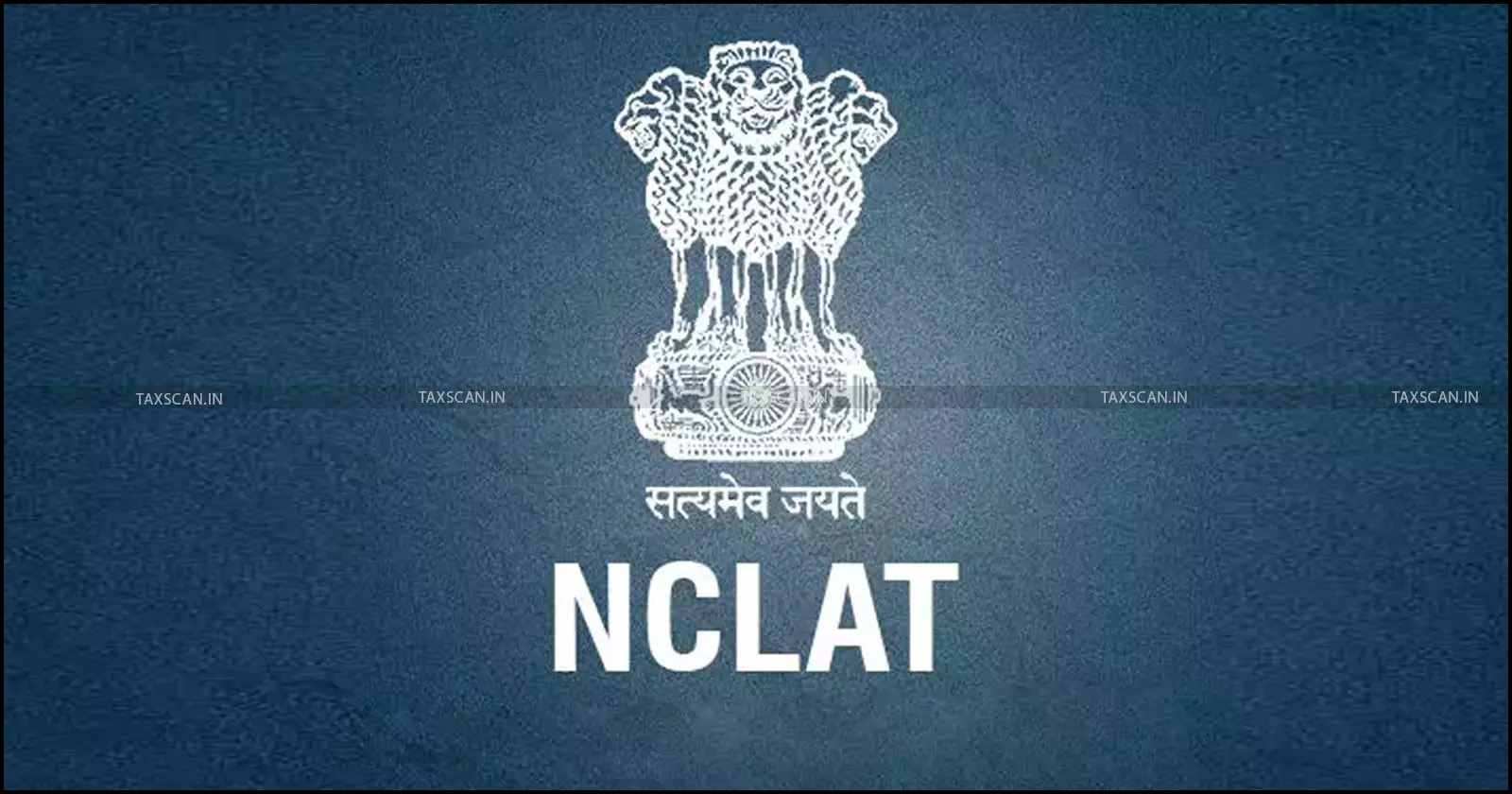NCLAT dismisses Punjab National Bank’s appeal, upholds NCLT order rejecting Section 7 plea against Concast Morena as time-barred [Read Order]
The NCLAT concluded that the NCLT had correctly rejected the Section 7 application as time-barred.
![NCLAT dismisses Punjab National Bank’s appeal, upholds NCLT order rejecting Section 7 plea against Concast Morena as time-barred [Read Order] NCLAT dismisses Punjab National Bank’s appeal, upholds NCLT order rejecting Section 7 plea against Concast Morena as time-barred [Read Order]](https://images.taxscan.in/h-upload/2025/10/15/2096794-nclat-punjab-national-bank-appeal-upholds-nclt-taxscan.webp)
In a recent ruling, the National Company Law Appellate Tribunal (NCLAT) dismissed an appeal filed by Punjab National Bank, upholding the National Company Law Tribunal's (NCLT) order that rejected the bank's Section 7 application against Concast Morena Road Projects Pvt. Ltd. as being time-barred.
The appeal stemmed from a Section 7 application filed by the bank (formerly United Bank of India) to initiate a corporate insolvency resolution process (CIRP) against Concast Morena for a debt dating back to 2013. The NCLT, Kolkata, had dismissed the application on two grounds: failure to prove disbursement of the loan and the application being barred by the three-year limitation period.
The appellant's counsel argued that the NCLT erred in its finding on disbursement, pointing to the undisputed National e-Governance Services Limited (NeSL) certificate and relevant bank statements as proof. More significantly, the bank contended that the application was not time-barred. They relied on Section 14 of the Limitation Act, arguing that the period spent pursuing a separate recovery application (OA No. 609 of 2016) under the Recovery of Debts and Bankruptcy Act, 1993, which was filed in 2016 and is still pending, should be excluded from the limitation calculation. The bank placed reliance on a Supreme Court judgment in Sesh Nath Singh & Anr. vs. Baidyabati Sheoraphuli Co-operative Bank Ltd. & Anr. to support this claim.
 Also Read: IBBI Cannot issue General Circular to Bar RP Appointment u/s 34(4)(b) of IBC: NCLAT Sets aside NCLT Order [Read Order]
Also Read: IBBI Cannot issue General Circular to Bar RP Appointment u/s 34(4)(b) of IBC: NCLAT Sets aside NCLT Order [Read Order]
The NCLAT bench, comprising Justice Ashok Bhushan (Chairperson) and Arun Baroka (Member, Technical), agreed with the appellant on the point of disbursement, noting that the NCLT ought not to have taken a contrary view when the Corporate Debtor did not appear to dispute the claim. However, the Tribunal focused on the limitation issue as the deciding factor.
The NCLAT distinguished the facts of the present case from the Supreme Court's decision in Sesh Nath Singh. It was observed that in the Supreme Court case, the benefit of Section 14 was granted because the earlier proceedings (under SARFAESI) were prima facie without jurisdiction and had been stayed by the High Court.
In contrast, the NCLAT held that the bank's recovery application before the Debt Recovery Tribunal (DRT) was a regular proceeding for recovery and not one that was stayed on jurisdictional grounds. Therefore, the special circumstances required to exclude time under Section 14 were not present, and the Supreme Court's ruling was not applicable.
Consequently, the NCLAT concluded that the NCLT had correctly rejected the Section 7 application as time-barred. Finding no merit in the appeal, the Tribunal dismissed it, thereby upholding the NCLT's order.
Support our journalism by subscribing to Taxscan premium. Follow us on Telegram for quick updates


